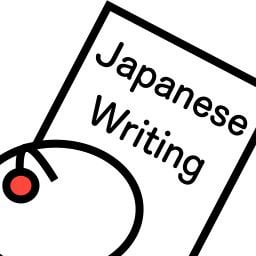- First line - how I know how to write it in かな。
- Second line - how Google Keyboard says it’s supposed to be written, かんじ and everything.
- 3rd line - English translation of what it is SUPPOSED to say haha
私はなまえはイエスです。 (私は名前はイエスです。) ( My name is Jesus).
私は27さいのだんさいです それとけっこわんです。 (私は27歳の何歳です それと結婚です。) (I’m a 27 year old man, and I’m married.)
みずはだいすきです。 (水は大好きです。) (I love water.)
ごはんすきです。 (ご飯好きです。) (I like rice.)
アメリカ人のラメンだいすき! (アメリカ人 ラーメン大好き!) (I love American ramen!)


wow, very interesting. I did t know it extended beyond casual. Thanks! Would you have an example or like a “rule of thumb” for when NOT to commit the topic?
so, in this context, “be married” would be more appropriate than “is/am married”? Was it because I was doing a literal translation? Literally translating “I am married” instead of adapting my speech to the norm in Japanese syntax?
awesome, thanks :)
that actually makes complete sense. I haven’t learned much about progressive forms (or any other forms really, thanks Duolingo -_-), so it’ll still take some time for me to wrap my head around it. Thank you :)
Glad to be of help :)